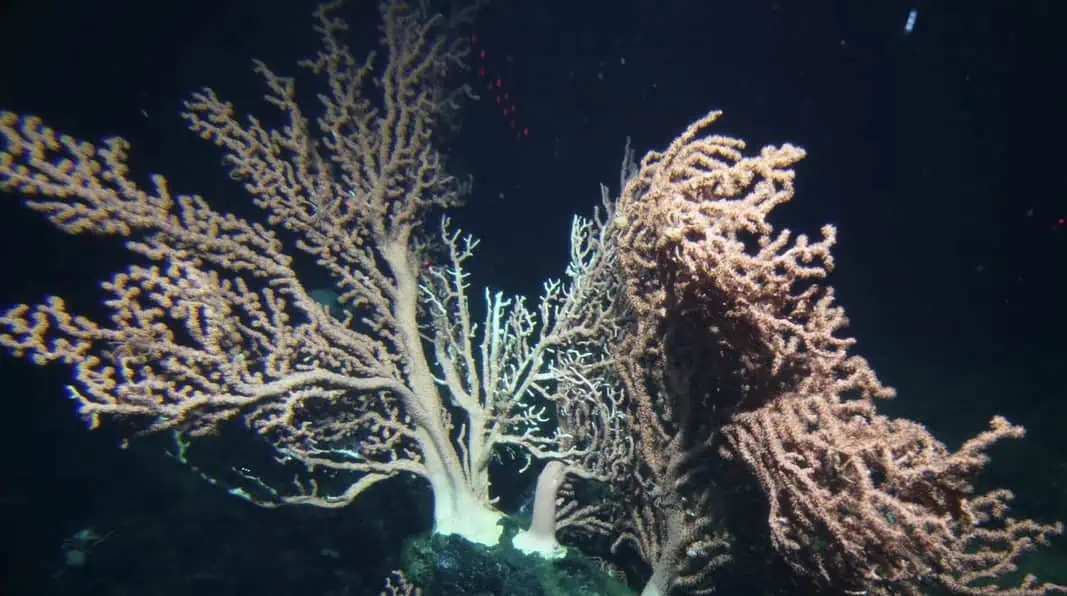A new study has found that deep-sea corals may also be busy producing a specific reactive oxygen species among their many tasks.
These compounds naturally occur in cells during division and are generally associated with various physiological functions, including fighting infections.
While we knew that corals produced these compounds, it was unclear whether they produced a specific species called superoxide. This compound is known to play a vital role in ocean ecology since it breaks down carbon and makes metals and specific nutrients available.
After extensive research and sampling, the researchers have found that these corals in the deep ocean do indeed produce superoxide, making their role in the ocean ecology more critical than ever.
Commenting on the work, Colleen Hansel, senior author of the study and a senior scientist in marine chemistry and geochemistry at the Woods Hole Oceanographic Institution (WHOI), stated:
“These are the first measurements ever of this chemical in the deep sea.”
While study co-author Jason Kapit added:
“One fantastic aspect of this project in particular is that it combines science and engineering in a way that is unique to WHOI.”
Finally, Lina Taenzer, a joint program student in marine chemistry and geochemistry and lead author of the study, added:
“In the last decade, especially, there have been numerous studies starting to pinpoint how the production of extracellular ROS like superoxide can have beneficial facets to an organism. It is fascinating is that corals can regulate ROS in order to signal to other cells and change how they function and respond to the environment. It’s also interesting in terms of having a cellular defense mechanism. There was an aspect of exploration, and the fact that we were using a new instrument we’d never used before that made it really exciting and gratifying.”
You can find the original research here.
(Featured Image credit: WHOI)

